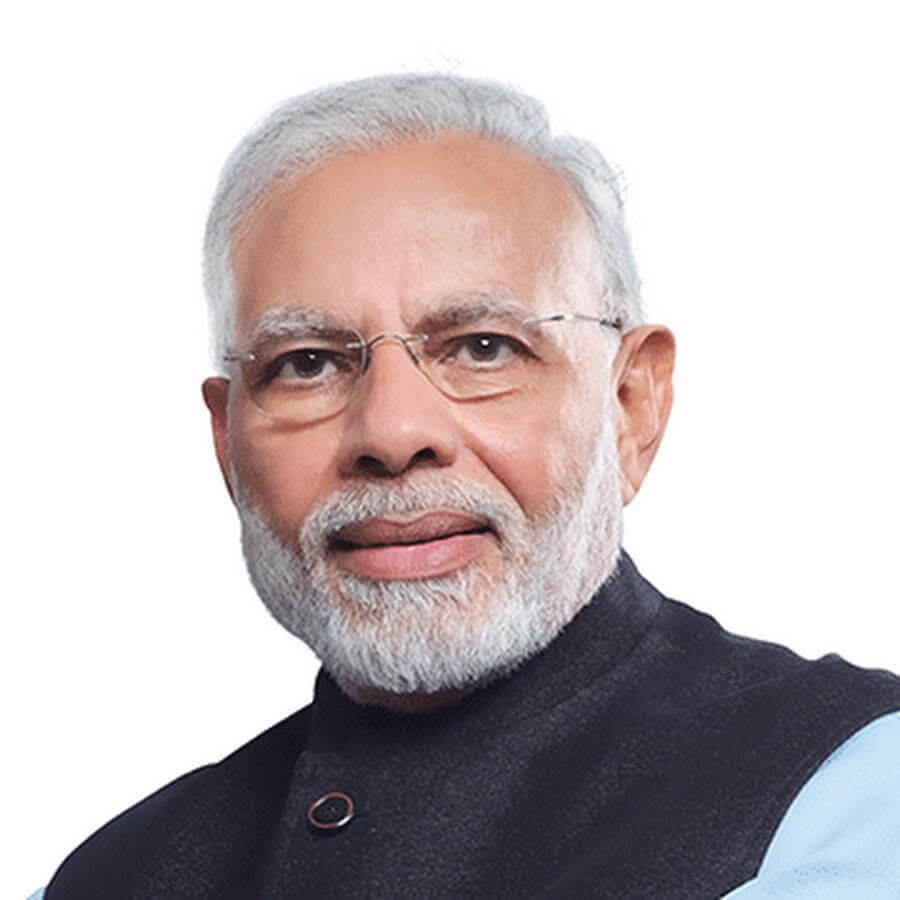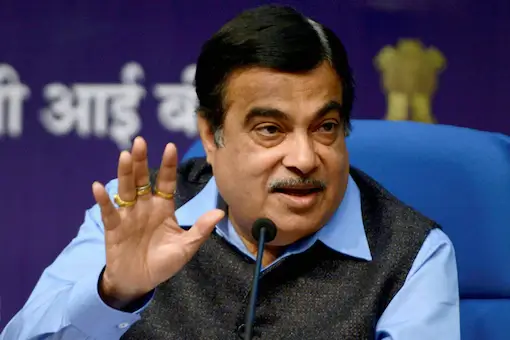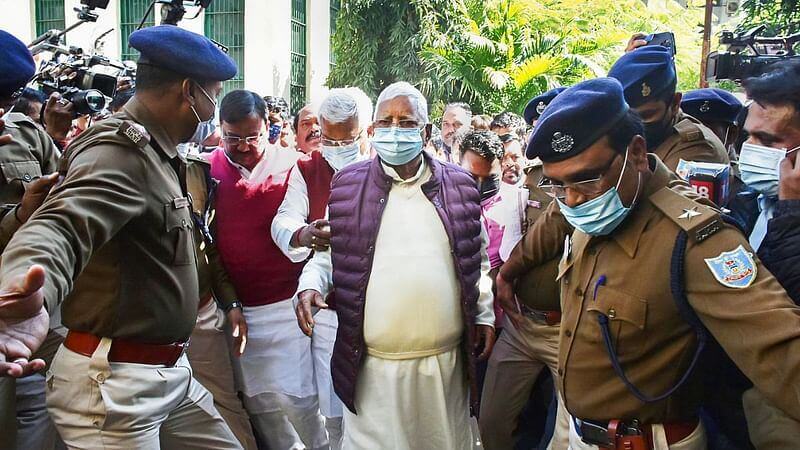Nagpur: On the occasion of Guru Purnima and ahead of Punjab polls, Prime Minister Narendra Modi on Friday announced to repeal the three controversial farm laws enacted on September 17, 2020.
After the enactment, farmers across the nation protested against the three farm laws—mainly from Punjab and Haryana. The protests have been going on for more than a year now on the borders of Delhi and different parts of north India. Modi, while addressing the nation, appealed to the farmers to call off their protests and return home. Several farmers have been protesting at the border, away from their homes, making tents and staying there.
However, Bharatiya Kisan Union leader Rajesh Tikait said that the protesting farmers will return to their homes only after the Parliament approves the roll back.
The three farm laws are: Farmers’ Produce Trade and Commerce (Promotion and Facilitation) Act, 2020; Essential Commodities (Amendment) Act, 2020; and Farmers (Empowerment and Protection) Agreement on Price Assurance and Farm Services Act, 2020.
Why were the farmers protesting?

The farmers feared that implementation of the above laws would lead to abolishment of the minimum support price (MSP), guaranteed by the government on select crops and give it to the big corporations.
The Samyukta Kisan Morcha (SKM), a group of 40 farmers’ unions, refused to back down despite several appeals from the government to end the protest. The laws taken together, loosened rules around sale, pricing and storage of farm produce.
The laws state that most of the farmers were allowed to sell their produce at a market price directly to private players, such as the supermarket chains and online grocers. Most Indian farmers usually relied on the government-controlled wholesale markets or the mandis, which assured them minimum prices.
The laws also allowed private buyers to hoard the essential commodities for future sale.














